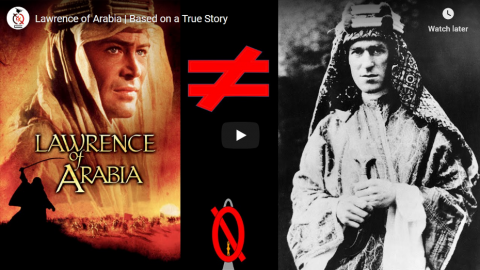At SteynOnline, Mark discusses the media reactions to the terror attack on the Christmas market in Magdeburg:
Say what you like about Germany but their crack police investigators are second to none:
Prosecutor Horst Walter Nopens said on Saturday that the investigation was ongoing but suggested one potential motive for the attack “could have been disgruntlement with the way Saudi Arabian refugees are treated in Germany“.
Gotcha. So, two months before the federal election, the German state’s message to voters is: It’s all your fault and nothing’s gonna change. Nothing against the nine-year-old boy who’s dead or the four ladies – aged 75, 67, 52 and 45 – but that’s just the way it is. There will be a few empty chairs at the Christmas table, but diversity is our strength and a well-integrated psychiatrist driving a BMW is just the kind of high-skilled newcomer Mutti Merkel promised us. He could have gone to Canada or Ireland. To modify George W Bush, we need immigrants to do the jobs that Germans won’t do … like, er, psychiatry.
Are they putting this kind of bollocks in the Covid boosters? Not so long ago the most famous terrorist killer on the planet was a high-value German immigrant. At least a few readers I’ve had occasional email exchanges with over the decades may recall him flying through the window of their office building on a Tuesday morning in September: Mohammed Atta, the man who pulled off what they used to call “the day the world changed” … and a postgraduate student of the Hamburg Institute of Technology.
If you’ve been enjoying the expert class’s bewilderment at the citizenship and professional status of the perp, well, way back when, the grandparents of the current crop of media experts were all over the airwaves explaining why the real threat came from well-travelled middle-class westernised Muslims and that Mr Atta had become “radicalised” when he moved to Hamburg.
It certainly was “the day the world changed” — if by “changed” you mean accelerated Islamic migration to the west: Twenty years ago there were half-a-million Muslims in Canada; now there are two million. As to the “disgruntlement” of Saudis at the way they’re treated in the west, seventeen of Mohammed Atta’s accomplices were Saudi nationals who’d been admitted to flight school in America, where they told their instructors that they didn’t need to do the bit about learning how to land. Which raised not an eyebrow. To channel P G Wodehouse, few people have so much cause to be gruntled.
By the way, how did Mr Atta wind up at the Hamburg University of Technology? Because a nice tourist couple from Germany were visiting Cairo and, at a restaurant one night, struck up a conversation with Mohammed’s dad and said they ran an exchange programme for foreign students back in der Vaterland and would Mo like to come and live with them. Aw, that’s heart-warming. And, despite the three thousand deaths directly arising from that virtue-signalling, I’m sure they’d do it all over again.
In other words, this is where we came in: all the elements the cable experts profess to find “puzzling” we knew back on Day One of the soi-disant “War on Terror”. Even the allegedly newest wrinkle is not new:









